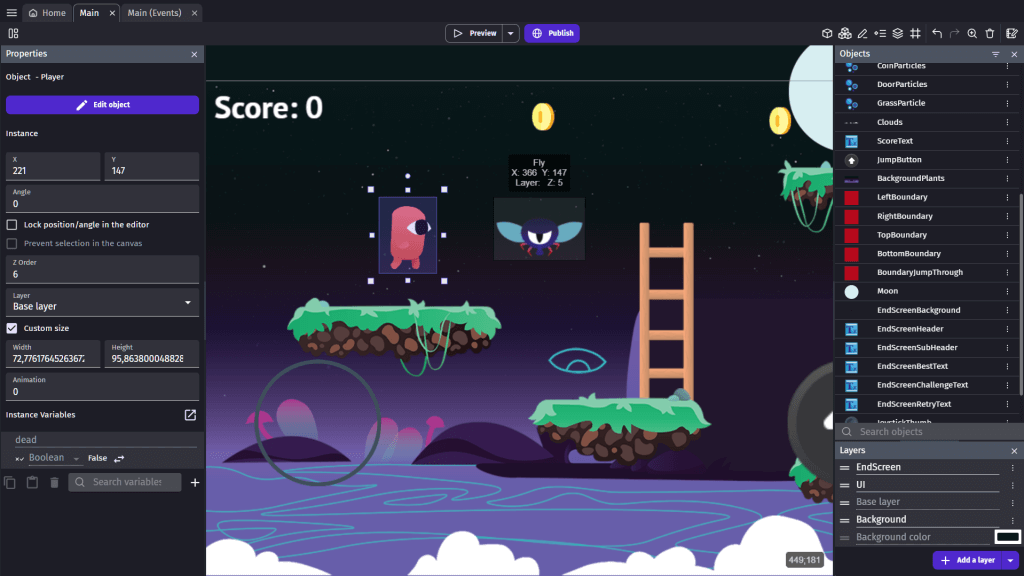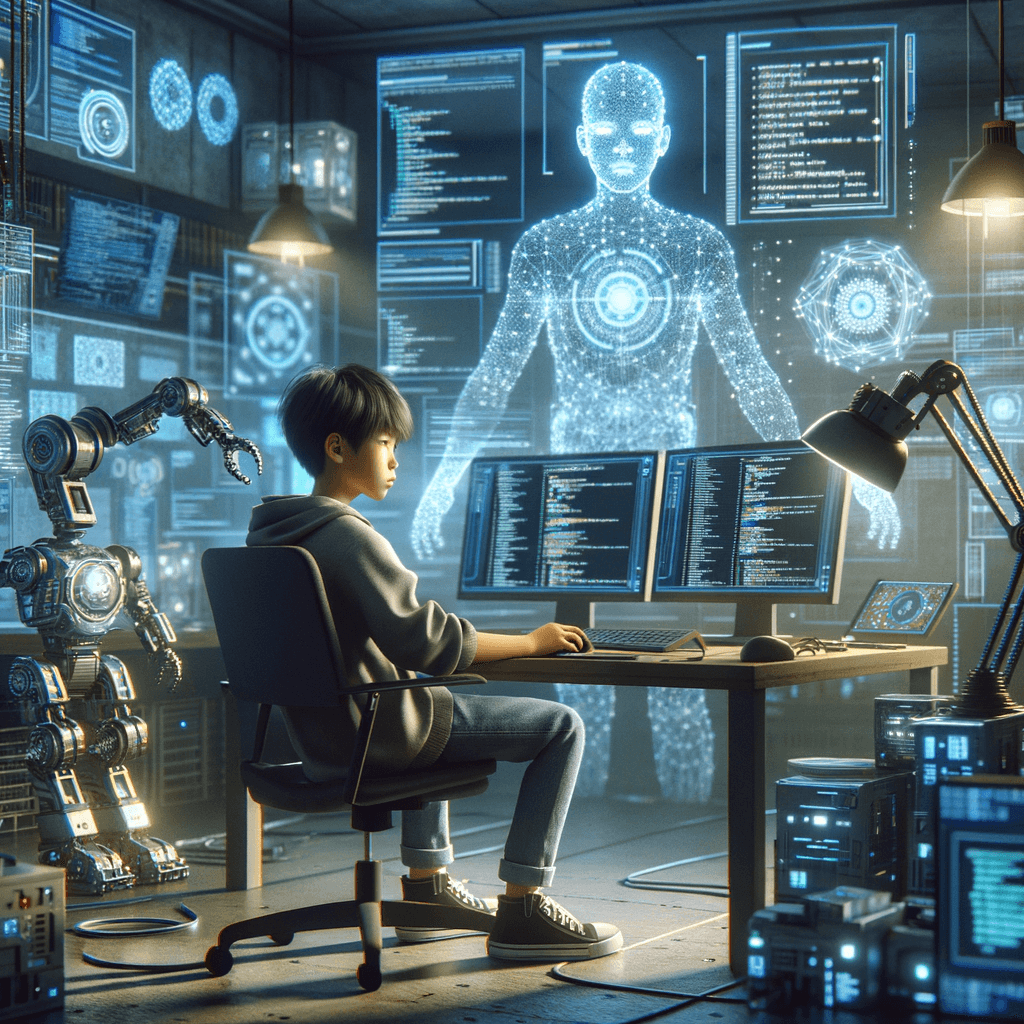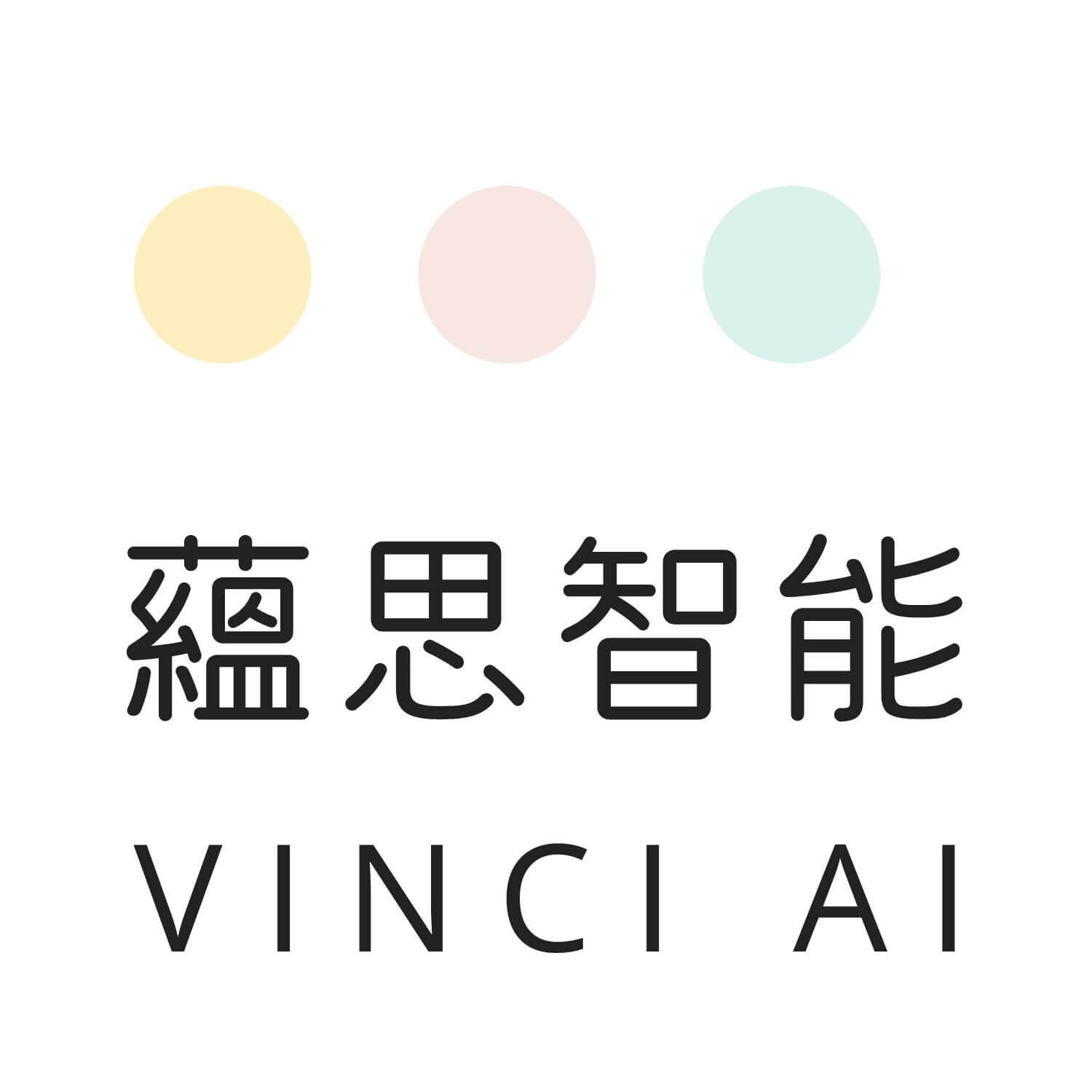Leading students into the wonderful world of game design
Game Development Programming Course
This set of courses covers the complete process of game design, from the initial concept idea, game mechanism design, to programming, character design, scene construction, and finally the release of the game work. The greatest feature of the course is its flexibility, which can be adapted to students of different ages and learning levels.
forhigh school students, we can focus on the basic concepts of game design, such as game types, game elements, game mechanics, etc., and use graphical programming tools such as GDevelop to allow them to easily get started and create simple 2D games without programming experience. , such as Flappy Bird, Snake, etc.
forJunior high school students, while consolidating the foundation of game design, we can introduce the Spatial platform to let them learn 3D game design and be exposed to the basic concepts of AI artificial intelligence. They can learn to design game characters with AI features, such as intelligent enemies, automatic path finding, etc., to make the game more challenging and interesting.
forhigh school students, we can further increase the difficulty of the course and introduce the Unity engine to let them learn more professional game development skills, such as C# programming, VR game development, etc. They can challenge more complex game types, such as 3D role-playing, VR interactive experiences, etc., to give full play to their creativity and imagination.

Course topics include:
- game design concepts
- GDevelop game engine
- 2D game implementation
- 3D game scene design
- AI game development
- Unity game engine
- VR game development
What will you learn?
Course content
After completing the course, students will learn the following skills:
- Game design basics: Master the core elements and concepts of game design, such as game mechanics, gameplay, rules, level design, narrative, etc.
- Programming: Learn to use programming languages (such as GDevelop's event-driven programming, Unity's C# script programming) to implement game logic, and apply programming to game development.
- 3D game design: Learn to use the Spatial platform to build more realistic 3D game scenes and characters, and learn 3D modeling, scene construction, character animation, etc.
- AI technology applications: Explore the application of AI technology in games, such as designing NPC behavior logic, automatic path finding, intelligent enemies, etc., to design a smarter and more interactive game experience.
- VR game development: Learn the Unity engine, master professional-level game development tools, and challenge VR game development, using Unity XR Interaction Toolkit to design VR interactive experiences.
Primary School Group: Preliminary Study on Game Design - 2D Game Creation Paradise
Designed forhigh school studentsThe design is oriented towards fun and interactivity, guiding students into the wonderful world of game design!
Course content:
- Game design enlightenment: Learn the basic concepts of game design, such as game types, game elements, game mechanics, etc., and understand the game design process.
- Get started easily with GDevelop: Learn to use the GDevelop game engine, which is an easy-to-operate and powerful 2D game development tool that can be easily used even if you have no programming experience.
- Graphical programming: Learn to use graphical programming, learn the basic logic of programming by dragging and combining building blocks, and apply it to game design.
- Classic games recreated: Imitate classic 2D games, such as Flappy Bird, Snake, etc., learn game design techniques and methods, and try modifications and innovations.
- Creative game design: Encourage students to use their imagination to design their own 2D games, such as platform jumping, shooting games, etc., and learn game testing and publishing.
Expected learning outcomes:
- Master the basic concepts and processes of game design
- Be familiar with the basic operations of the GDevelop game engine
- Learn graphical programming and develop logical thinking skills
- Improve creativity and problem-solving skills
- Experience the fun of game design and stimulate interest in learning
Secondary School Group: AI Game Development-Creating an Intelligent Game World
Designed forJunior high school and high school studentsThe design, based on game design, incorporates elements of AI artificial intelligence to expose students to cutting-edge technology!
Course content:
- 3D game design: Learn the basic concepts of 3D game design, such as 3D modeling, scene construction, character animation, etc., and use the Spatial platform to build more realistic 3D game scenes.
- Introduction to AI basics: Learn the basic concepts of AI artificial intelligence, such as machine learning, deep learning, etc., and understand the application of AI in games.
- AI game development: Learn to use the AI tools and functions provided by the Spatial platform to design game characters with AI features, such as intelligent enemies, automatic path finding, etc., to make the game more challenging and interesting.
- Unity game engine: Learn the Unity game engine, which is an industry-leading game development tool that can develop 3D games, VR games, etc.
- C# Programming: Learn the C# programming language, master more advanced programming skills, and apply them to Unity game development.
- VR game design: Learn VR game development, use Unity XR Interaction Toolkit to design VR interactive experiences, and explore the wonderful world of virtual reality.
Expected learning outcomes:
- Master 3D game design and AI game development skills
- Familiar with the operation of Spatial and Unity game engines
- Learn C# programming and improve your programming skills
- Understand the applications of AI artificial intelligence
- Improve creativity, logical thinking and problem-solving skills
- Experience the fun of game design and stimulate interest in learning
Past student projects
Game design tips
FAQ
Is this course suitable for students with no programming experience?
Zhongming Robotics is China's leading developer and manufacturer of educational robots, and its products have received multiple international awards and certifications, including whitelist recognition by the Chinese Ministry of Education. Zhongming Robot is committed to providing high-quality STEAM education products and services to teenagers around the world. Its products have been sold in more than 80 countries and regions around the world, serving more than 15,000 primary and secondary schools. Nearly 10 million students use Zhongming Robot products to learn and creation.
What game development tools will be used in the course?
Three game development tools, GDevelop, Spatial and Unity, will be used in the course.
- GDevelop is an easy-to-use 2D game engine suitable for beginners. It allows students to quickly master the basics of game development through a graphical interface and event-driven programming.
- Spatial focuses on the combination of 3D game design and AI technology, providing simplified AI tools and functions, allowing students to easily integrate AI elements into games, such as designing NPC behavior logic, automatic path finding, etc.
- Unity is a professional-level game engine with powerful functions that can develop 3D games, VR games, etc. Students will learn the C# programming language and master more advanced programming skills.
What is game design?
Game design is like an architect building a house, but this house is in a virtual world on a computer or mobile phone. Game designers need to plan the gameplay, rules, stories, characters, scenes, etc. of the game so that players can enjoy fun and challenges in this virtual world.
What kind of games can students make after completing this course?
After learning this course, children can make various types of games:
- 2D mini games: For example, classic games such as Flappy Bird and Snake, or new 2D games designed by themselves.
- 3D scene: Learn to use the Spatial platform to design more realistic 3D game scenes and add AI elements, such as guards that automatically patrol, monsters that chase players, etc.
- Simple AI interaction: Learn to design simple AI characters so that game characters can make some intelligent reactions, such as talking to players, avoiding obstacles, etc.
In addition to game development, where else can these skills learned be applied?
The skills learned in game design, such as programming, 3D modeling, creative thinking, etc., can be applied to many different fields:
- animation production: Design animated characters and scenes, and produce animated films.
- interactive design: Design an interactive website, app or device.
- Virtual Reality (VR): Develop VR applications, such as VR games, VR educational software, etc.
What types of games will be covered in the course?
The course will cover a variety of different types of games, such as:
- action game: Such as shooting games, fighting games, etc.
- adventure games: Such as role-playing games, puzzle games, etc.
- puzzle game: Such as jigsaw puzzles, Sudoku games, etc.
Will the course teach students how to design game characters and scenarios?
Yes, children will be taught how to design game characters and scenes.
- character design: Learn how to design a character’s appearance, clothing, movements, etc.
- Scene building: Learn how to use the tools in the game engine to build game scenes, such as forests, cities, space, etc.
What programming knowledge will students learn in the course?
- Primary school group: Mainly learn graphical programming, such as events and actions in GDevelop.
- Secondary school group: In addition to graphical programming, you will also learn the C# programming language and script programming in the Unity engine.

AI artificial intelligence courses for primary and secondary schools
- Super AI Challenge Competition Course
- National Youth Software Programming Level Examination Course
- OpenAI ChatGPT chatbot course
- ICT Python Course
- Drone Programming Course
- CoSpaces VR/AR Creation and Experience Course
- Introduction to AI Artistic Creation:
- Introduction to AI Music Composition
- Sports and STEM innovative courses (jointly developed with the Education University of Hong Kong)
Want to schedule on-campus classes?
Contact our consultants
Vinci AI offers on-campus courses, including STEM Day events, competition training, and after-school programs. We welcome you to contact our expert consultants to arrange suitable topics and formats for your needs.




